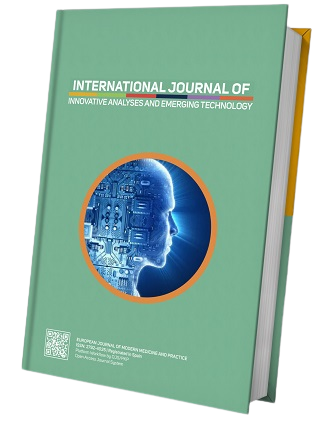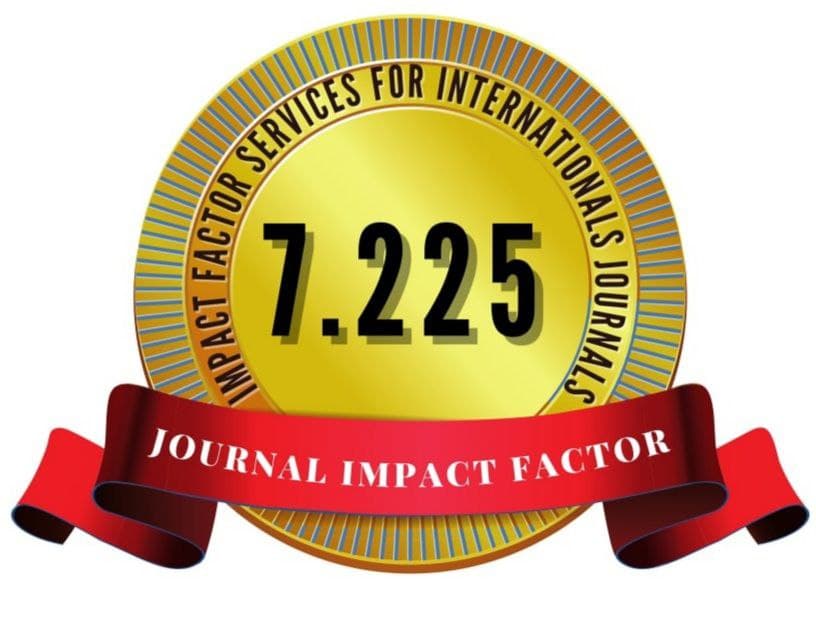The Use of Social Media by Academic Librarians in State-Owned Universities in Cameroon and the Impact on Service Delivery
Keywords:
Social Media, Academic Libraries, Librarians, State Owned Universities, Service Delivery, CameroonAbstract
The exponential growths of information, coupled with the rapid growths in ICTs, have changed the way academic libraries provide services. Developments in technology particularly in social media tools have created convivial and collaborative environments for libraries, librarians and researchers, yet most academic libraries have not yet adopted social media to improve service delivery. This study set out to investigatethe extent to which social media tools are used by academic librarians in seven state-owned universities of Cameroon to provide service delivery.A survey research design was used for the study. Structured questionnaire and interview guide were the instruments for data collection, while frequency counts and percentages were used to analyze data.Findings from the study indicated thatsocial media tools were not optimally used by librarians for library services. Findings also indicated that only two social media tools were popularly used:WhatsApp and Facebook. Lack of technology skills,poor access to internet,and the absence of state-of-the-art equipment and facilities were some of the limitations in the effective use of social media tools for library services. The study recommended that librarians should be schooled on the importance, the availability, and the need to usesocial media tools in order to createvalued library services. Top management and the libraryadministration of sampled Universities should synergize and create a convivial environment neededfor professional development with emphasis on formation and capacity building of librarians on ICTs, particularly a variety of social media tools;administration should provide free internet and freeaccess with better bandwidth fir better utilization and accessibility;library administration should lobby for funds to purchase generators or solar plants to curbconstant power supply; library hierarchy should provide incentives to motivate librarians to accept the use of modern technology for library services.






